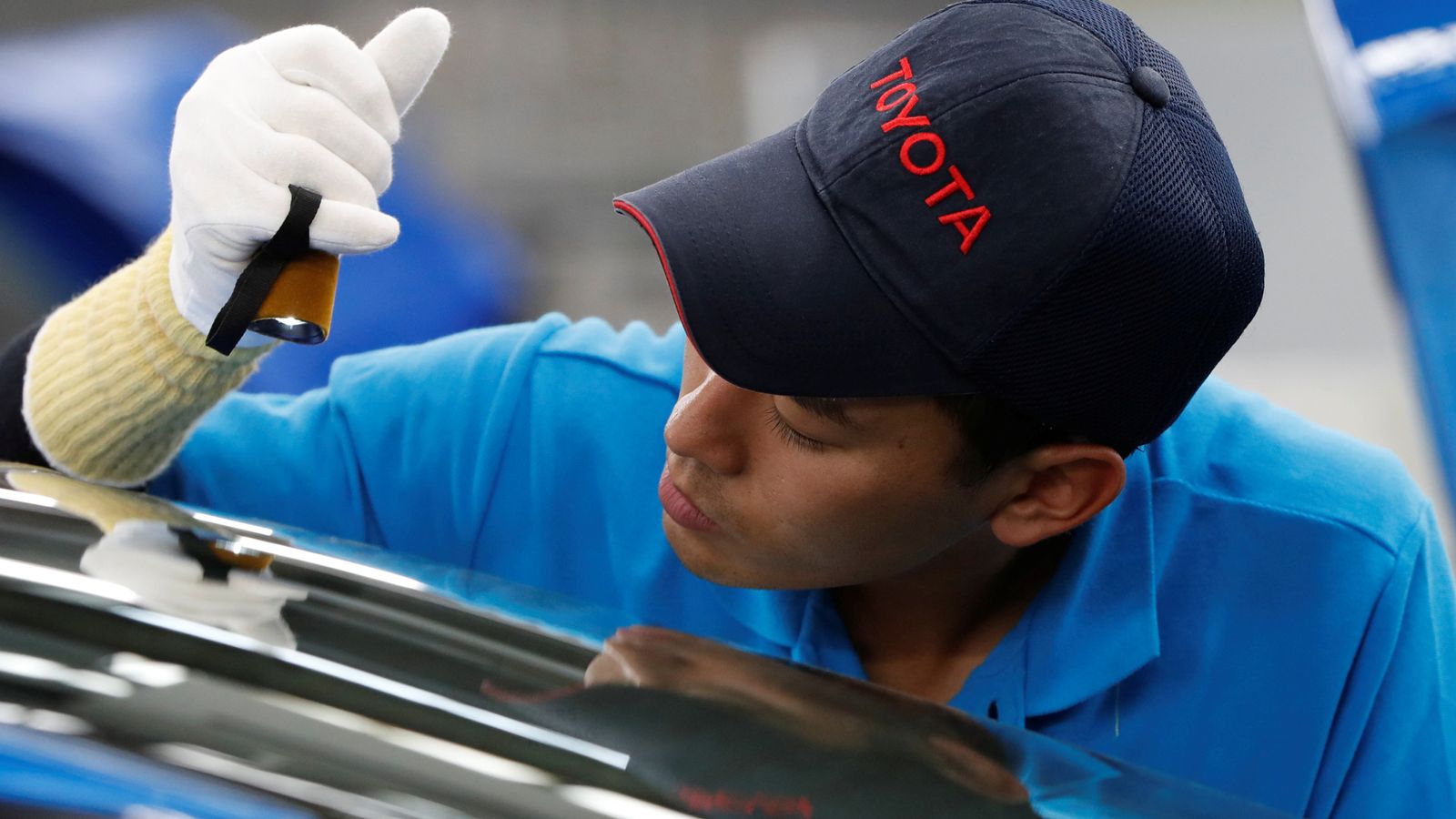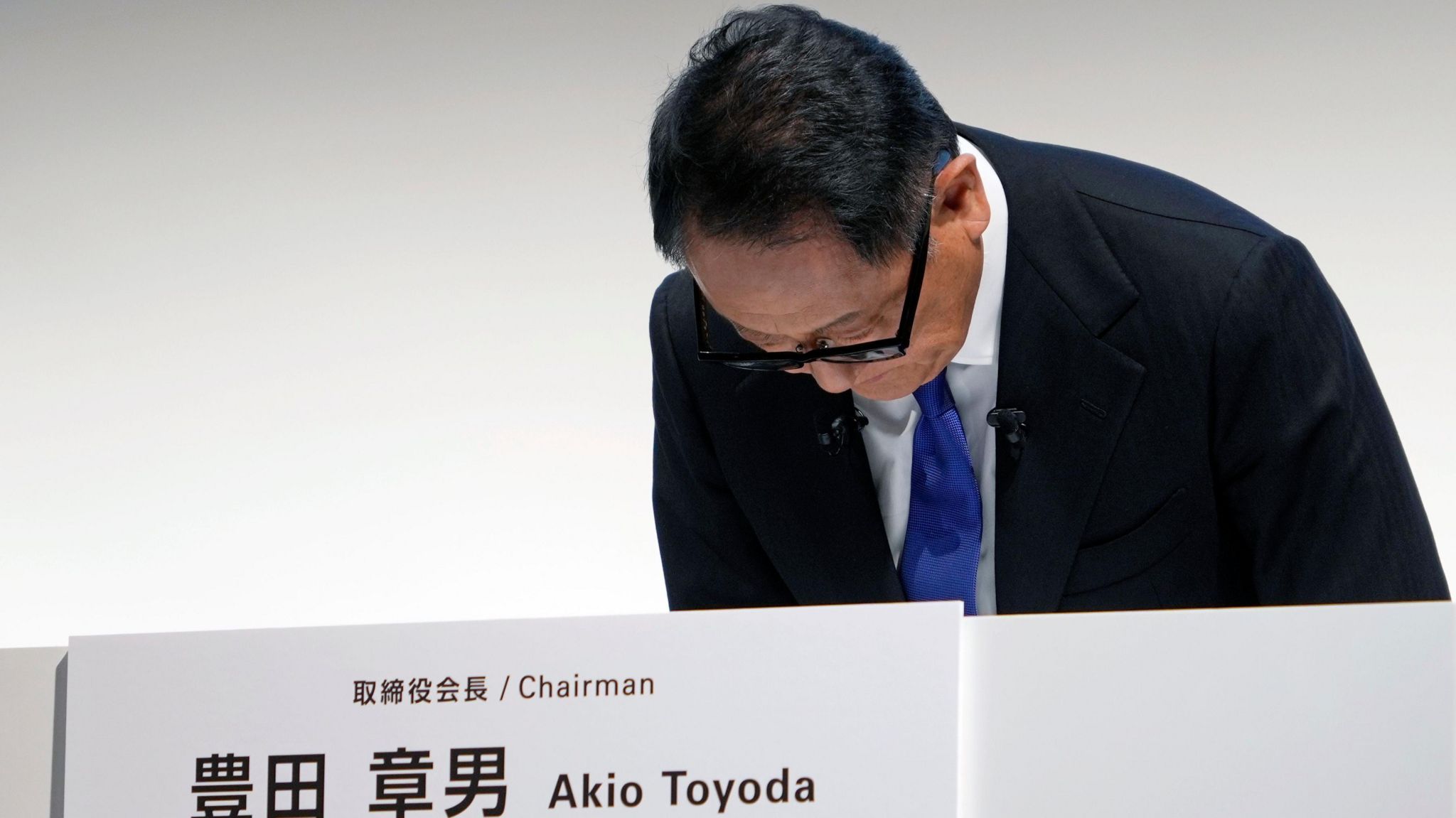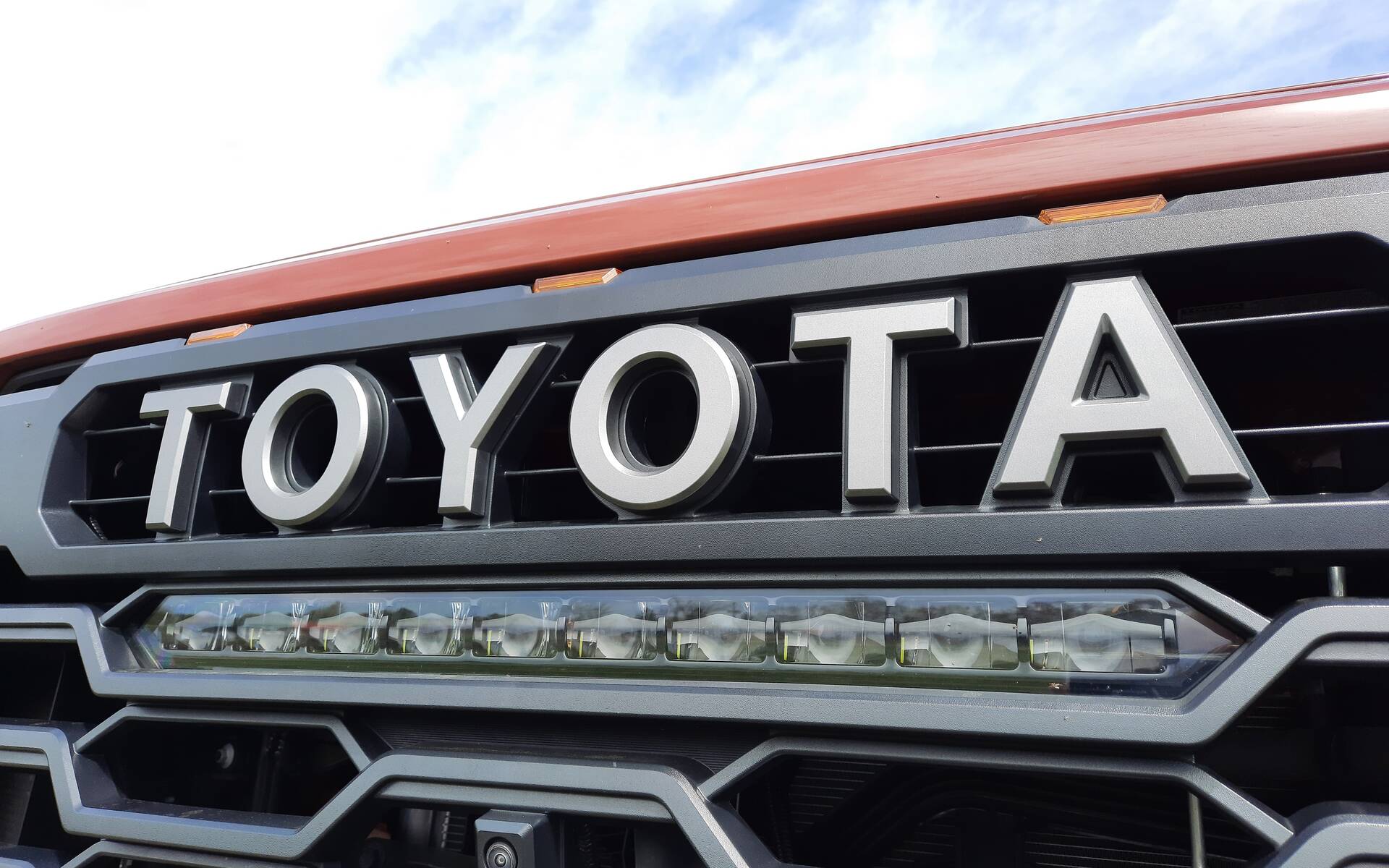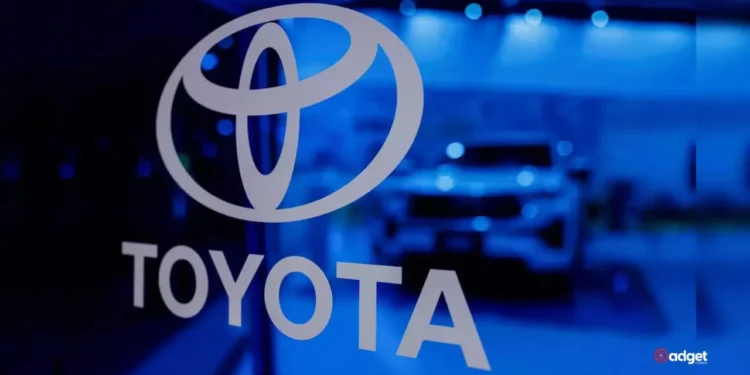TOKYO, Japan — In a striking revelation that has sent ripples across the global automotive industry, Toyota Motor Corporation’s Chairman, Akio Toyoda, delivered a deep and formal apology this Monday. The company’s top executive addressed a serious breach involving falsified certification tests that affected several of its models. Amid the unfolding scandal, Toyota has halted the production of popular models such as the Corolla Fielder, Corolla Axio, and Yaris Cross in Japan, acknowledging widespread fraudulent practices in their testing protocols.

A Legacy Tarnished by Testing Fraud
The deceit uncovered spans a range of critical safety and performance measures. Reports indicate that Toyota relied on outdated or inadequate data for collision tests, and inaccuracies were found in airbag inflation and rear-seat damage assessments during crashes. Furthermore, engine power tests had also been manipulated, casting a shadow over the reliability of Toyota’s claims on vehicle performance.
This controversy extends beyond Toyota’s headquarters in Toyota City, affecting several of the automaker’s group companies, including truck maker Hino Motors and Daihatsu Motor Co. Notably, these issues surfaced initially two years ago, prompting a broader introspection within the conglomerate.
Industry-Wide Implications and Rival Reactions
The issue of misleading certification tests is not isolated to Toyota. In a concurrent announcement, Mazda Motor Corporation admitted to similar missteps in its testing processes. The Hiroshima-based competitor has stopped production of the Roadster and Mazda 2 models, citing the use of incorrect engine control software in tests, along with other violations in crash test protocols for discontinued models.
Likewise, Honda Motor Co. also came forward with its own set of testing inaccuracies involving noise levels and torque on models like the Accord, Odyssey, and Fit. Although these models are no longer in production, the disclosures underscore a growing concern about the integrity of vehicle certifications in Japan’s prestigious automotive sector.

The Road to Redemption
In his address to the press, Toyoda, the grandson of the company’s founder, emphasized the cultural ethos of Toyota that champions continuous improvement and the empowerment of its workforce to build “ever-better cars.” However, he admitted that the company might have compromised on stringent testing protocols in an effort to expedite processes amid increasing model varieties. “We are not a perfect company. But if we see anything wrong, we will take a step back and keep trying to correct it,” Toyoda stated, reinforcing a commitment to transparency and rectification. He also hinted at the complexity of certification standards globally, which may contribute to these systemic testing failures.

Toyota Pledge for Higher Standards
As Toyota vows to overhaul its testing procedures and regain consumer trust, the automotive world watches closely. The company’s willingness to confront its flaws head-on could set a precedent for accountability and rigor in an industry where safety and reliability are paramount. The path to recovery will be scrutinized by regulators, competitors, and consumers alike, who expect not just reformed practices but a reinvention of the protocols that safeguard vehicle integrity and safety. Toyota sells over 10 million vehicles globally, and the impact of these testing discrepancies extends far beyond Japan’s borders. As the company navigates through this crisis, the automotive giant’s next steps will be crucial in defining the future of one of the industry’s most iconic brands.










